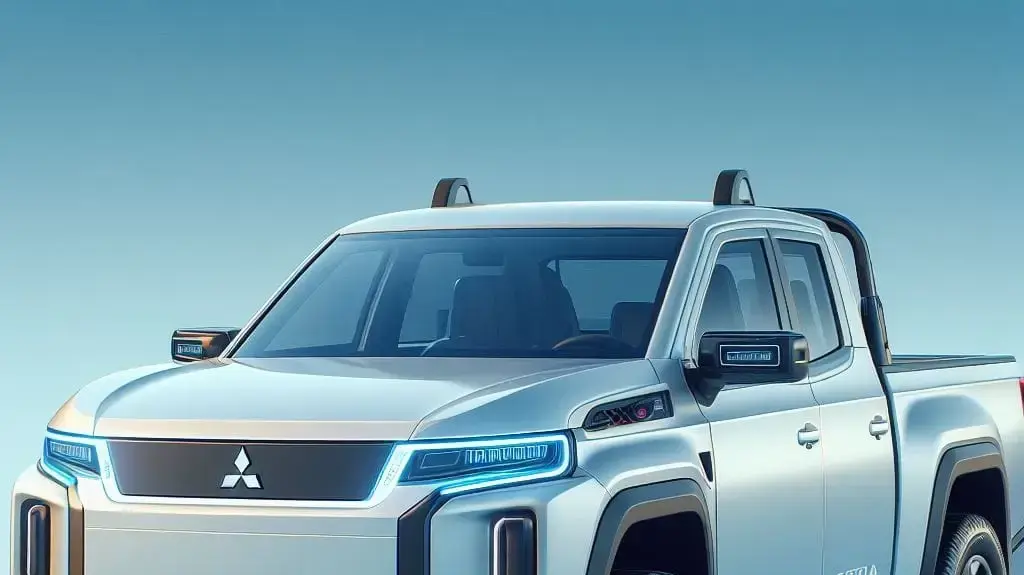Icon: enlarge
14th generation bestseller: the new Ford F-150.
Photo: Ford
The F-150 is without a doubt an American legend - the most important and best-selling car that proud US industries produced.
Produced since 1948, Ford sold almost 900,000 of these pickup monsters last year alone, and the 14th generation of the bestseller is due to roll on the highways from 2021.
It's a highly lucrative business that brings $ 50 billion in annual sales into Ford's streaky coffers.
No wonder that the future CEO
Jim Farley
(58) never tires of praising the growth potential of the F series.
But in the future he has a lot more plans.
Icon: enlarge
New boss, new business: Jim Farley
Photo: AFP
The heir to the throne, who will take the post of CEO at Ford on October 1, wants to completely transform and expand the business.
In the commercial vehicle business, which includes vans and transit delivery vans in addition to the F-series pickups, his people are to generate recurring income in addition to just selling cars.
To do this, they should sell new services based on software, data and the connectivity of the cars.
"Think of this as a second F-150," Farley told Reuters.
"We have the F-150 that everyone loves. But there's this other business out here - and it's huge."
Car manufacturers like Ford have long puzzled over how they can expand their after-sales business in order to stabilize sales with individual customers beyond the one-time car purchase.
So far, however, they have struggled with it.
Ford has to move now, the automaker is under pressure.
The group expects a loss for the 2020 financial year.
Despite the lucrative F-series business, growth-oriented investors have recently left the group in the lurch.
The now planned foray into the data-driven service business is attack and defense at the same time.
On the one hand, Farley wants to show that Ford can grow.
On the other hand, he is digging a ditch around his lucrative commercial vehicle business before attackers such as Tesla, Rivian or larger technology companies such as Amazon enter the market even more strongly.
After all, more than $ 58 billion was accounted for in 2019 in commercial truck sales in the US alone, according to ACT Research.
In order to implement the F-Experiment, Farley is relying on an important new addition:
Alex Purdy
(35), a former investment banker and consultant, has come from the agricultural machinery manufacturer John Deere, for whom he most recently headed the Silicon Valley branch.
Purdy took care of linking artificial intelligence (AI) with the tractors and combine harvesters and getting them on the farm.
With John Deere Labs, he founded an innovation factory to boost the additional business with data-driven services.
With some success: Deere's parts and service business accounted for around 15 to 20 percent of sales of $ 35 billion last year.
Purdy once put it this way: He helped transform a classic industrial business, where people thought a lot about sheet metal bending, into a service business.
Now Purdy and other Ford officials are supposed to convince commercial Ford customers in particular to pay regularly for services.
There are plenty of ideas: people talk about localization services to optimize route planning and reduce fuel consumption, about services that enable faster oil changes, and fleet management operations.
"If you see time as money, there are many ideas that customers are willing to pay for," says future CEO Farley.
After all, commercial customers are always concerned with their own productivity.
The new services could help reduce the total cost of ownership for commercial customers or increase their productivity, for example because they could deliver more packages or reduce the downtime of their vehicle fleets.
lhy / Reuters











/cloudfront-eu-central-1.images.arcpublishing.com/prisa/KMEYMJKESBAZBE4MRBAM4TGHIQ.jpg)


